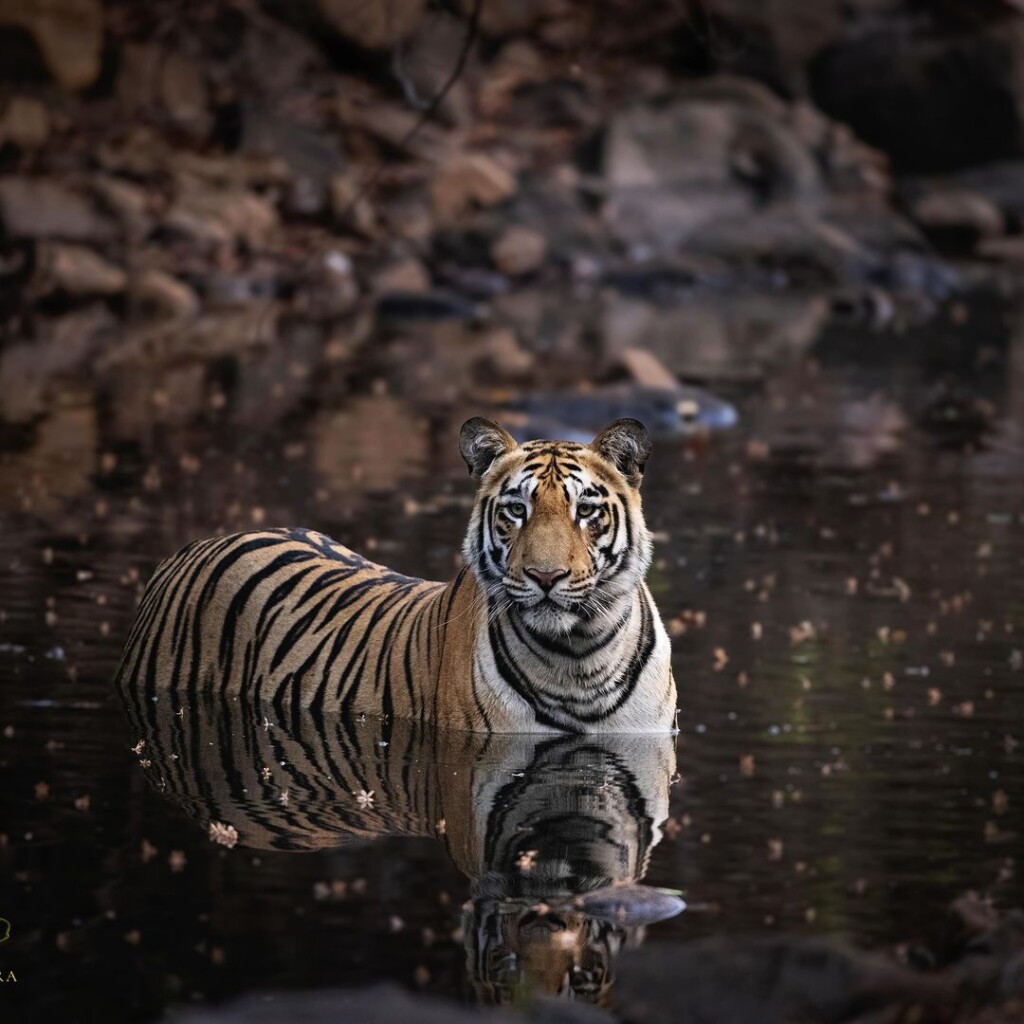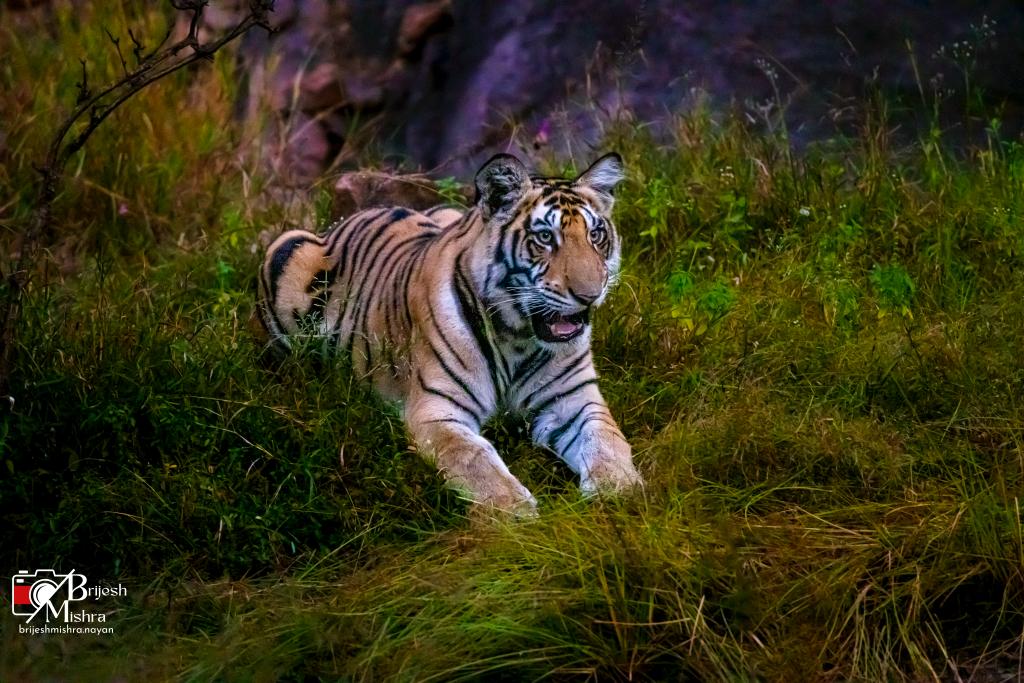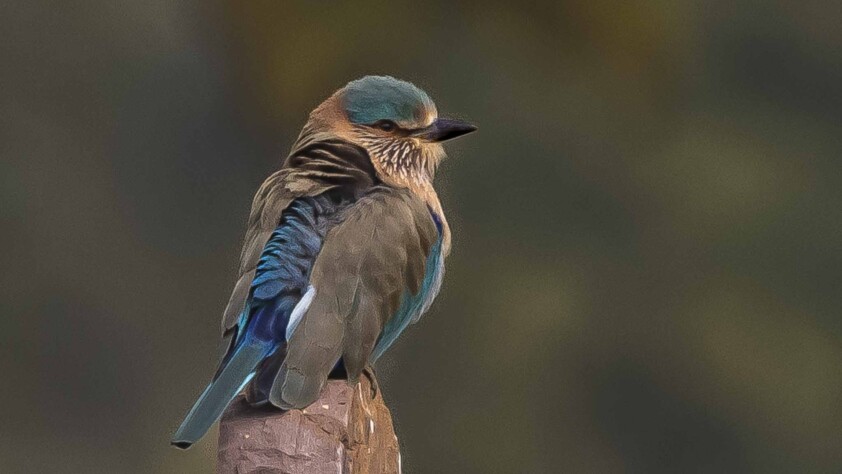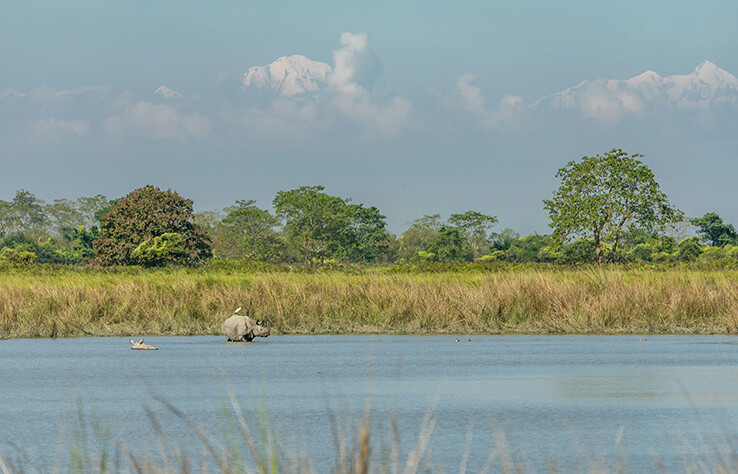
Pilibhit Tiger Reserve: A Sanctuary of Wilderness in Uttar Pradesh
Nestled in the northern part of the state of Uttar Pradesh, the Pilibhit Tiger Reserve is a haven for biodiversity and a crucial stronghold for the conservation of the Bengal tiger. Established in 2008, this reserve spans over 730 square kilometers, comprising dense forests, grasslands, and river ecosystems that collectively contribute to the rich tapestry of flora and fauna.
Diverse Ecosystems:
Pilibhit Tiger Reserve boasts a diverse range of ecosystems, from the lush deciduous forests to vast grasslands and wetlands. The reserve is intersected by the Sharda River, adding to the biodiversity by providing a vital water source and creating an ideal habitat for various wildlife species.
Bengal Tigers and Wildlife Abundance:
At the heart of Pilibhit Tiger Reserve is its commitment to the conservation of the Bengal tiger. The reserve is home to a significant population of these majestic big cats, alongside other iconic species such as leopards, elephants, Indian rhinoceros, and various species of deer and antelope. The abundance of prey species contributes to the thriving predator-prey dynamics within the reserve.
Rich Avian Diversity:
Pilibhit is a birdwatcher’s paradise, with over 300 species of birds recorded within its boundaries. The diverse landscapes, including wetlands and grasslands, attract a variety of avian species, making it an excellent destination for bird enthusiasts. The Indian skimmer, Sarus crane, and bar-headed goose are among the notable avifauna found here.


Conservation Initiatives:
The reserve actively engages in conservation initiatives to protect its biodiversity. Anti-poaching efforts, habitat preservation, and community involvement are integral components of Pilibhit’s conservation strategy. The involvement of local communities in sustainable practices contributes to the coexistence of humans and wildlife.
Eco-tourism and Responsible Travel:
Pilibhit Tiger Reserve offers eco-friendly tourism experiences, providing visitors with the opportunity to explore its natural wonders responsibly. Jungle safaris, nature walks, and birdwatching excursions allow tourists to appreciate the beauty of the reserve while adhering to strict guidelines to minimize their ecological impact.
Challenges and Future Prospects:
Like many wildlife reserves, Pilibhit faces challenges such as habitat fragmentation and human-wildlife conflict. Balancing the needs of the local communities with those of the wildlife remains a priority, and ongoing efforts seek to address these challenges for the long-term sustainability of the reserve.


